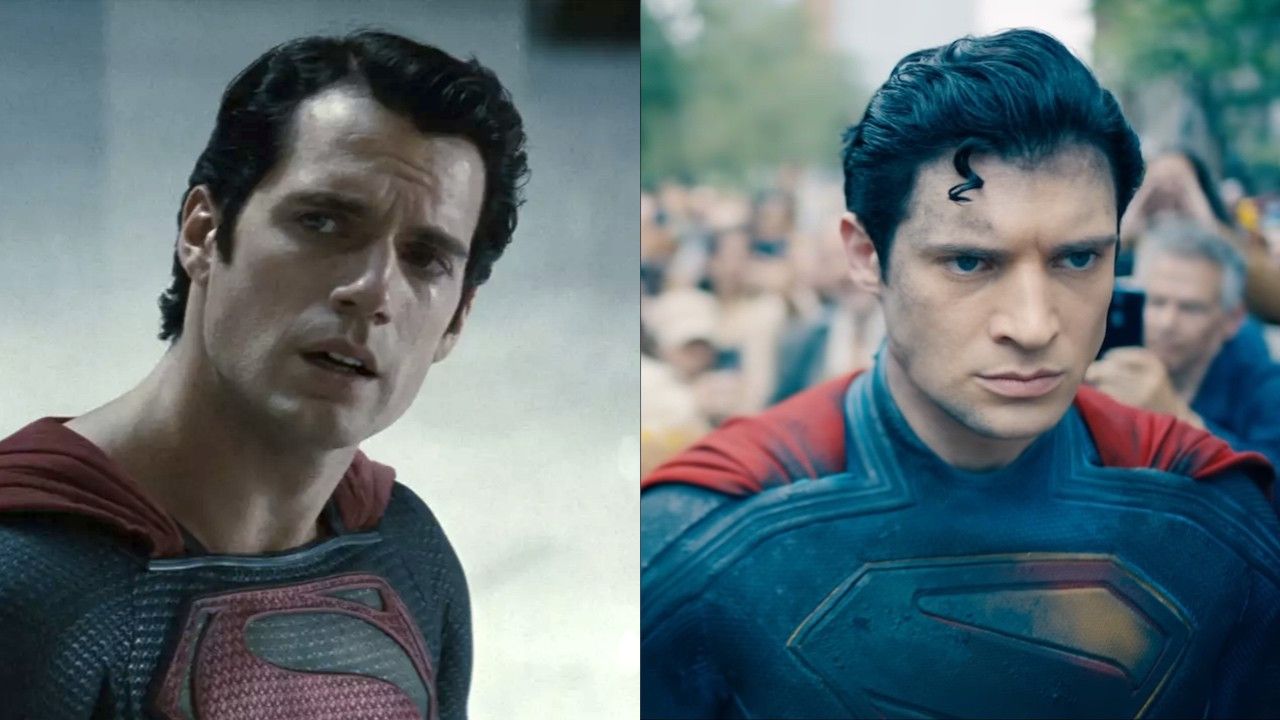James Gunn’s new Superman film marks the arrival of a fresh DC Universe, encompassing both cinema and television. This reboot naturally invites comparisons with the previous attempt at launching a DC Universe, spearheaded by Zack Snyder’s Man of Steel. While both films centre on Superman, their approaches to the iconic character differ significantly. While debates about which film is superior are inevitable, a key distinction lies in how each tackles similar thematic concepts. The new Superman, in many ways, achieves more by doing less.
The Ambitious Deconstruction of Man of Steel
Zack Snyder’s Man of Steel deserves recognition for attempting to modernise and, more importantly, deconstruct Superman. Snyder dared to question how a being like Superman would truly be received in the modern world. The film’s tone was largely shaped by the answers to these questions.
Would humanity genuinely embrace an alien with unimaginable powers? Man of Steel, and the wider DCEU, realistically portrayed the fear and suspicion that such a being would likely inspire. Even if Superman used his powers for good, some would inevitably harbour distrust. This exploration of humanity’s potential unease with Superman was a bold departure from traditional portrayals.
When Deconstruction Goes Too Far
Man of Steel didn’t stop there. It further questioned whether humanity was even worthy of being saved. This theme was explored in greater depth in the sequel, Batman v Superman: Dawn of Justice, but its roots are evident in Man of Steel. Jonathan Kent’s teachings, suggesting that Clark saving people might not be his ultimate purpose, exemplify this questioning of humanity’s worth.
This shift in the Kent family’s traditional portrayal was met with mixed reactions. However, the core idea of Superman grappling with the potential flaws of humanity held merit. It’s a valid question to consider how Superman might react if he struggled to see the good in humanity, witnessing instead the pettiness and hate that often dominate the headlines.
The issue, however, lies in tackling both of these deconstructive questions simultaneously. This approach muddies the narrative, preventing either question from being fully explored and resolved. Attempts to examine one idea are constantly hampered by the other, resulting in a somewhat disjointed and ultimately unsatisfying exploration of Superman’s character.
Even across the extended franchise, these intriguing concepts failed to achieve their full potential. The theatrical cut of Justice League depicts a population mourning Superman’s death and seemingly forgetting their prior distrust, creating a confusing and contradictory message.
Superman: A More Focused Approach
James Gunn’s Superman adopts a different strategy, learning from the previous films. While diverging in many aspects, it retains the idea of a world where humanity is not entirely willing to trust Superman.
Although the film suggests that humanity is generally supportive of Superman initially, partly due to the established presence of metahumans, public opinion shifts dramatically when evidence emerges questioning Kal-El’s true intentions.
By concentrating solely on this single question of trust, Superman can delve deeper into its implications. The film explores how Superman responds to being rejected by the very people he has dedicated himself to protecting. Rather than questioning humanity’s motives, Superman questions himself, leading to a more introspective and focused narrative.
The Future of Superman’s Relationship with Humanity
While Superman seemingly restores Superman’s reputation by the film’s end, doubt may still linger in some corners. Public trust, once broken, can be difficult to fully repair. Therefore, this storyline may not be entirely resolved.
The future direction of Superman within the DC Universe remains uncertain. With numerous upcoming films and series planned to introduce new characters, it could be some time before Superman graces the screen again. However, maintaining a degree of tension in Superman’s relationship with the public could offer compelling storytelling opportunities.
The idea of Superman fighting to save a people who are unsure whether they want to be saved remains a fascinating concept. Exploring this idea thoroughly before further deconstructing the character could lead to richer and more meaningful narratives. Zack Snyder’s initial instincts about the complexities of Superman’s role in the modern world were not entirely misguided.

